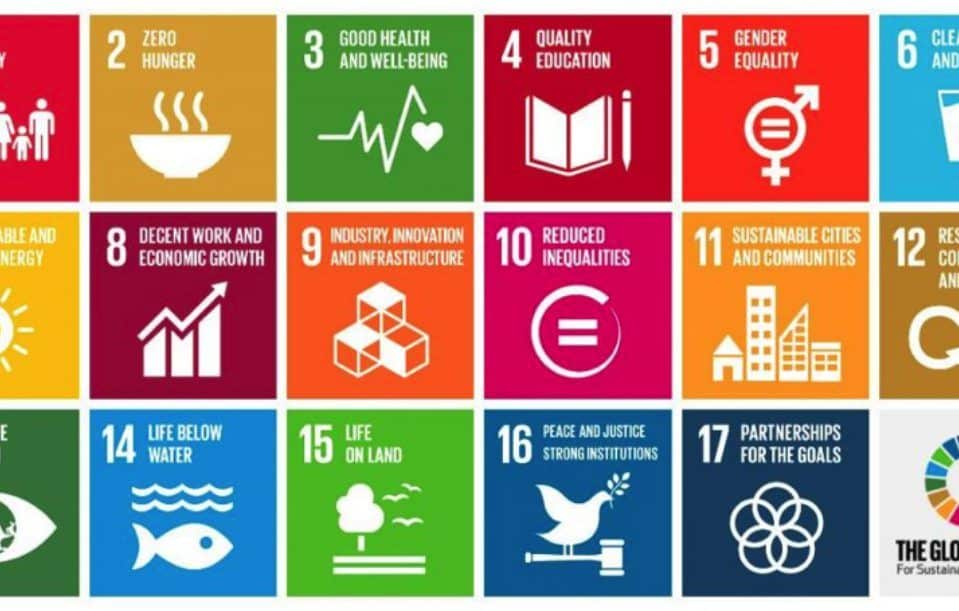Commitment & Energy Need a New Game Plan
On September 26, 2015 throngs gathered in Central Park and watched the simulcast from afar, joining star-studded performers, corporate executives, philanthropists and even FLOTUS and Malala to raise their collective voices in support of The United Nation’s 17 Sustainable Development Goals (SDGs).
The Global Citizen Festival was well timed – coinciding with the launch of the United Nations’ new Global Goals and the renewed pledge of world leaders from 193 countries to end extreme poverty by 2030, fight inequality on all fronts, and protect our planet.
Herculean Challenges Demand Novel Approaches
Now, the challenge ahead for leaders from both the the private and public sectors is how to channel this heightened commitment and energy into new paradigms for financing and implementing systemic improvements to the quality of life for people living in developing countries.
Judith Rodin, President of the Rockefeller Foundation, poses a pivotal dilemma regarding the attainment of the SDGs, “The question on my mind is: Who will pay for them?” Ms. Rodin explains the rub in “Save the World, Turn a Profit,” an article published in Bloomberg View that she co-authored with Muhammad Yunus (the Nobel Peace Prize recipient who pioneered the concept of microcredit and microfinance): While the cost to accomplish the SDGs will be in the trillions of dollars, global philanthropic funds combined with government development and aid budgets add up to billions, not trillions.
Rather than just present the problem, Rodin and Yunus’ organizations have developed a model for innovative financing mechanisms that mobilize large pools of private capital while minimizing risk: they call it the social success note and it aligns the interests of commercial investors, social businesses and donors. The authors describe it this way, “A private investor agrees to make a concessional loan or provide equity to a social business. While the organization is responsible for paying back the investment, the twist is that if it hits a predetermined social target, a philanthropic donor will give the private investor an impact payment for the social good that would not have been possible with out the initial investment.”
Placing a Premium on Creativity & Effectiveness
Yunus and Rodin’s innovative financing approach is just the start. The developing world depends on the entrepreneurial spirit of new and existing companies to not only provide creative financing, but also to develop innovative training and employment strategies to employ local citizens and to develop new products and services for local markets.
My company is tackling another issue, the profound divide between the use of big data in developed markets—where some believe governments and companies know too much—and in developing countries where they all agree they know too little to provide life-enhancing services. We are providing analytics platform for governments and donors — one hub for the collection, integration and analysis of big data in real-time and over-time. Our goal is to empower leaders with evidence-based insights to realize systemic, measureable improvements across the social determinants of health while bringing transparency and accountability to the process.
Achieving the 17 SDGs requires the full commitment and creativity of all citizens, governments, donors, NGOs and companies to move beyond old approaches to shape innovations appropriate for the more equitable world we the people aspire to in 2030.

